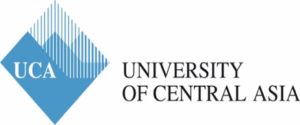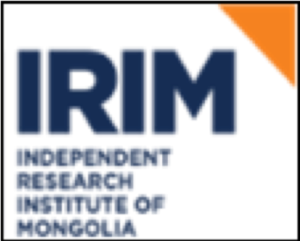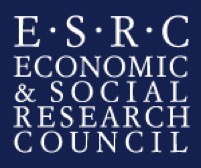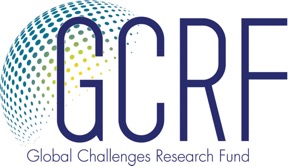UBC RESEARCH ASKS WHETHER MINERAL EXPLORATION CAN SUPPORT SUSTAINABLE DEVELOPMENT IN MONGOLIA’S GOBI DESERT
Guest blog by: Jocelyne Fraser, University of British Columbia
For generations the south Gobi Desert of Mongolia has been home to nomads and their herds of sheep, goats, camels and horses. Today is it also an area of interest for mineral exploration and mining companies from around the world.
To investigate how mineral exploration companies could maximize the benefits of resource development for host nations and affected communities, a team from the University of British Columbia (UBC) is undertaking a research project focussed on the activities of a Canadian company, Erdene Resource Development Corporation, and its gold discovery in the southwest Gobi.
The UBC study focuses on mine exploration for two reasons. Exploration is the time when communities have first contact with prospective miners. These first impressions can make or break trust – a critical attribute for negotiating company-community relationships. During exploration, prospective miners may also begin scoping engineering design decisions that could affect local communities (e.g. water and energy access, road infrastructure). Understanding community needs and values can help ensure that engineering projects minimize adverse impacts of mine development and ideally leave positive lasting legacies. However there is an apparent paradox: how can exploration companies, with no operating income and highly dependent upon investors’ capital, justify investments of time and money in community relations? Especially when the changes of finding a mineable deposit are typically considered to be one in a thousand?
The journal article and report produced from the first phase of the study concludes that exploration companies can be positioned to create and share value for the communities in which they operate provided there is:
- A clear vision on the importance of sustainable development
- Business strategy to drive sustainable outcomes.
- A commitment to build healthy, resilient relationships with stakeholders; and
- A focus on people to ensure that benefits from exploration and mining projects accrue to all.
Phase two of the research, now underway, is examining effective community engagement strategies for exploration companies. Phase three, planned for 2020, will consider the opportunities associated with local procurement and business development.
For additional information: Dr. Jocelyn Fraser jocelyn.fraser@ubc.ca or Dr. Nadja Kunz nadja.kunz@ubc.ca University of British Columbia




